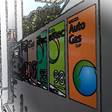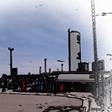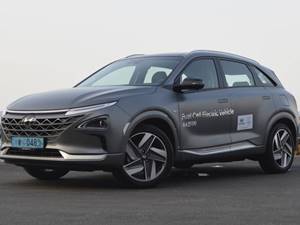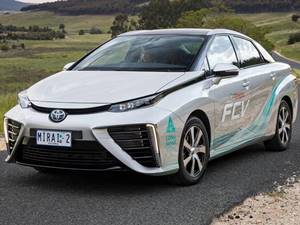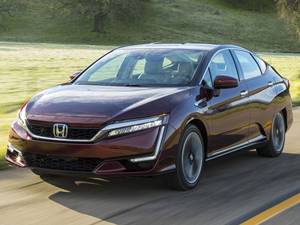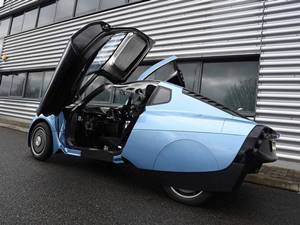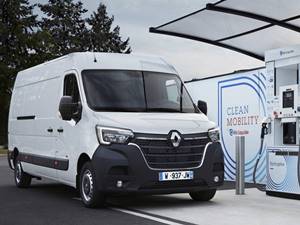Hyundai Tucson Hydrogen
Roman Frey 9:34 AM News
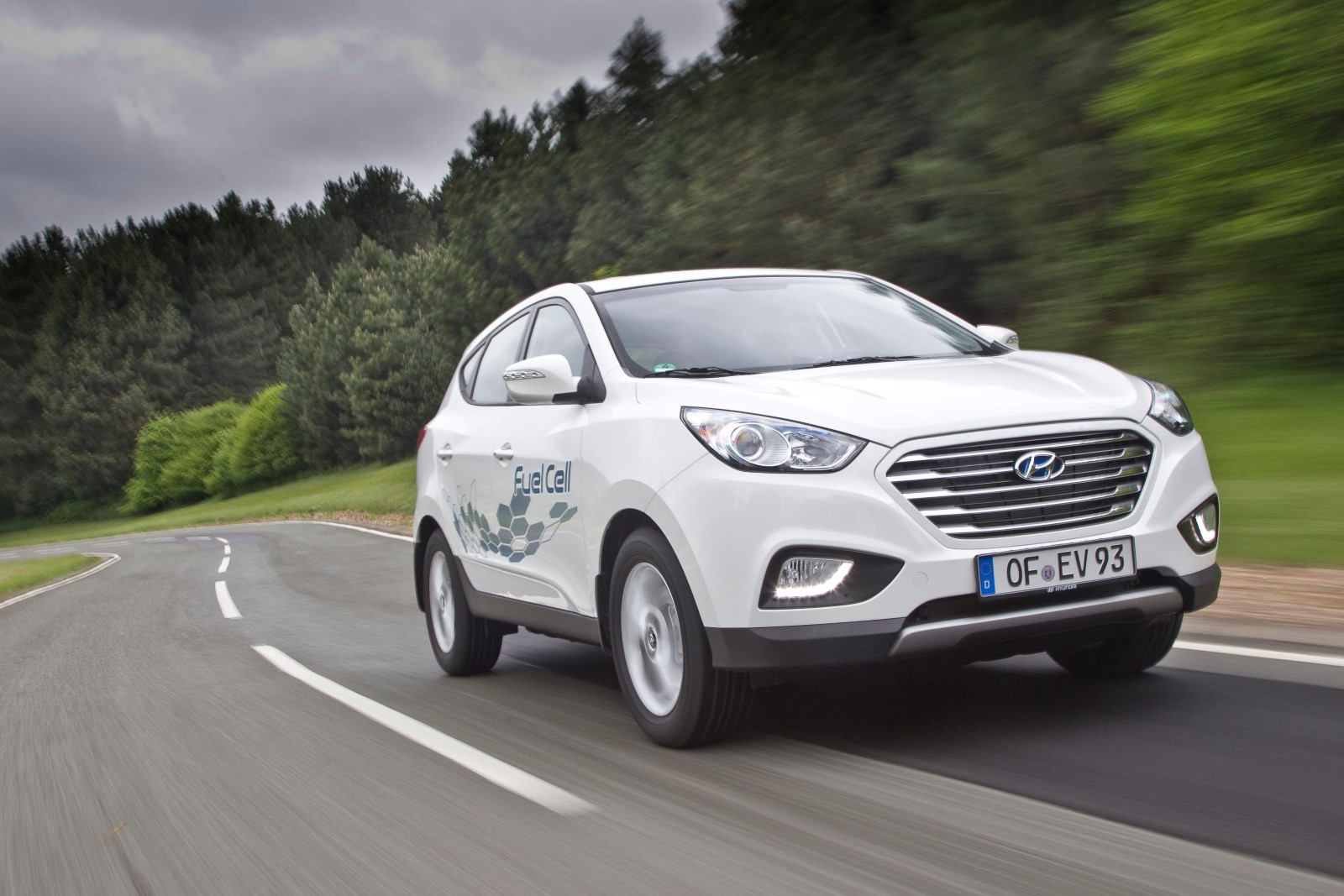
Tucson FCV is an experimental vehicle. The program directors told us that all types of sensors will monitor the operation continuously. As an experimental vehicle, the car company could charge beta-testers, like us, a reasonable price in exchange for the known limitations of the new technology, including a limited number of filling stations, limited range, and additional time and ballast.
Its great advantages are three: it has a longer range than any electric car, the recharge time of the hydrogen tanks is only 5 minutes and it does not emit any pollution, only water. Its main disadvantages today are the lack of hydrogen recharging infrastructure and the durability of the fuel cell, Hyundai talks about 10 years or 160,000 kilometers.
Hydrogen fuel cell cars are a type of electric vehicle that, unlike conventional electric vehicles, the battery is not recharged directly from the electric grid, but through a reaction between the stored hydrogen and the oxygen in the air.

It only takes 5 minutes to refuel the nearly 157 liters of hydrogen (or 6.7 kilograms of hydrogen) at a hydrogen service station, commonly known as a "hydrogen station". Currently, the main problem lies in the lack of such refueling stations

When the Hyundai Tucson circulates, it absorbs the air, so that the oxygen reacts with the stored hydrogen and that produces energy that goes to the batteries, as well as water that is expelled through the exhaust. In this way, the Hyundai Tucson does not emit any pollutants into the atmosphere; moreover, according to Hyundai, the Tucson "filters and purifies the air where it circulates.

The fuel cell propulsion system of the Hyundai Tucson has been optimized for work in extreme conditions, where such systems are not always capable of delivering good performance. According to Hyundai, it can operate at temperatures between -28ºC and +49ºC.
- Power: 163 hp
- Fuel: Hydrogen
- Start-Stop Technology
- Fuel Cell
- Permanent-magnet synchronous motor (PMSM)
- Warranty up to 2 years
- Length: 4.67 meters
- 5 seats
- Mixed fuel consumption WLTP hydrogen: 0.9kg /100 km
- Price: From €45,000
- Price: From €45,000

Tucson FCV is an experimental vehicle. The program directors told us that all types of sensors will monitor the operation continuously. As an experimental vehicle, the car company could charge beta-testers, like us, a reasonable price in exchange for the known limitations of the new technology, including a limited number of filling stations, limited range, and additional time and ballast.
Its great advantages are three: it has a longer range than any electric car, the recharge time of the hydrogen tanks is only 5 minutes and it does not emit any pollution, only water. Its main disadvantages today are the lack of hydrogen recharging infrastructure and the durability of the fuel cell, Hyundai talks about 10 years or 160,000 kilometers.
Hydrogen fuel cell cars are a type of electric vehicle that, unlike conventional electric vehicles, the battery is not recharged directly from the electric grid, but through a reaction between the stored hydrogen and the oxygen in the air.

It only takes 5 minutes to refuel the nearly 157 liters of hydrogen (or 6.7 kilograms of hydrogen) at a hydrogen service station, commonly known as a "hydrogen station". Currently, the main problem lies in the lack of such refueling stations

When the Hyundai Tucson circulates, it absorbs the air, so that the oxygen reacts with the stored hydrogen and that produces energy that goes to the batteries, as well as water that is expelled through the exhaust. In this way, the Hyundai Tucson does not emit any pollutants into the atmosphere; moreover, according to Hyundai, the Tucson "filters and purifies the air where it circulates.

The fuel cell propulsion system of the Hyundai Tucson has been optimized for work in extreme conditions, where such systems are not always capable of delivering good performance. According to Hyundai, it can operate at temperatures between -28ºC and +49ºC.
- Power: 163 hp
- Fuel: Hydrogen
- Start-Stop Technology
- Fuel Cell
- Permanent-magnet synchronous motor (PMSM)
- Warranty up to 2 years
- Length: 4.67 meters
- 5 seats
- Mixed fuel consumption WLTP hydrogen: 0.9kg /100 km
- Price: From €45,000
- Price: From €45,000



